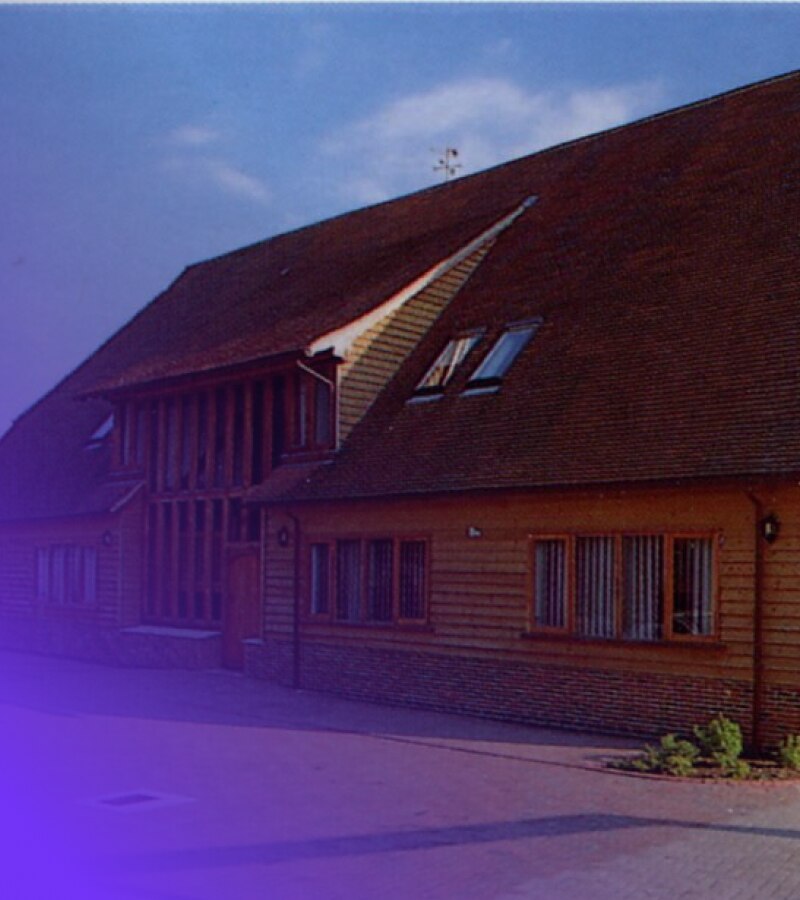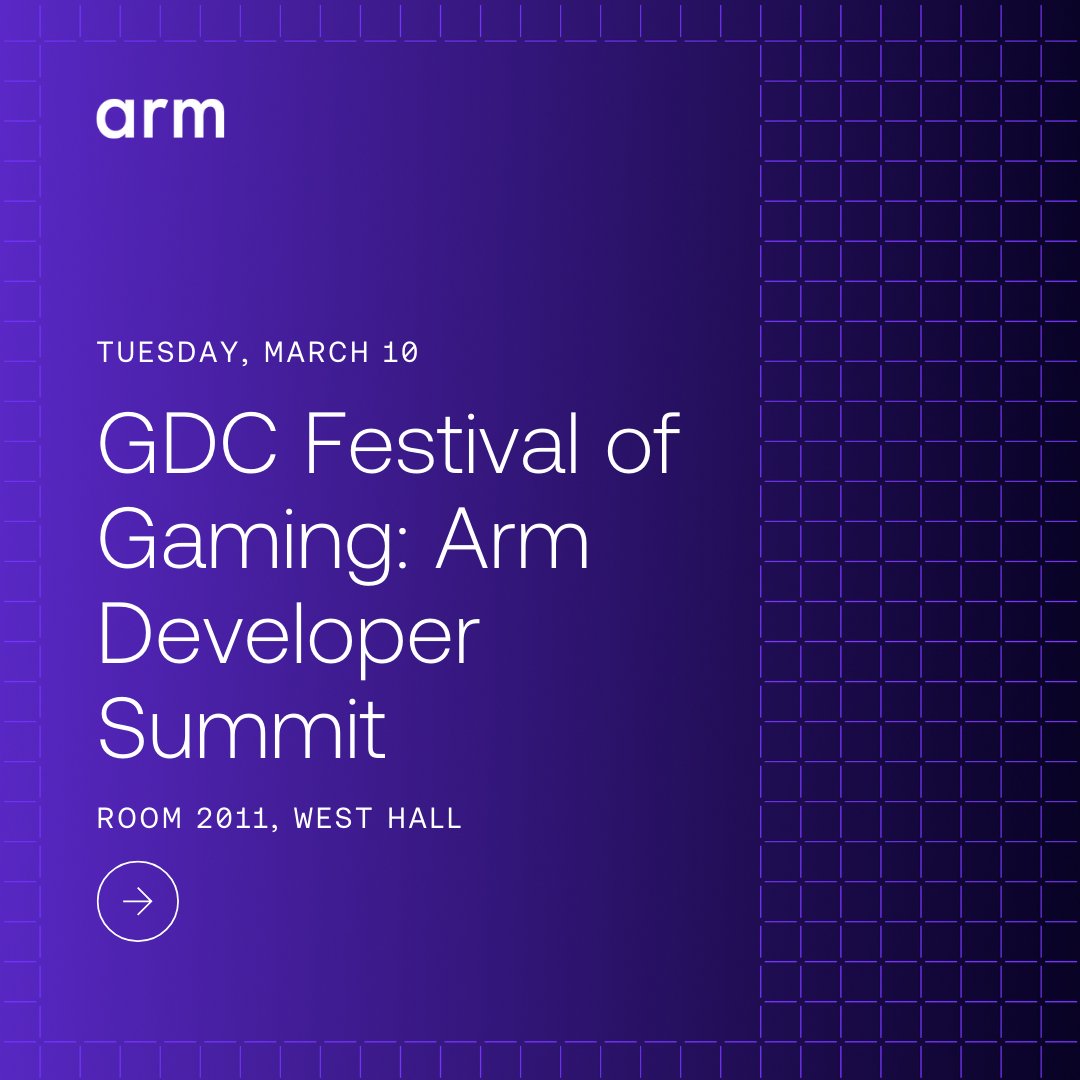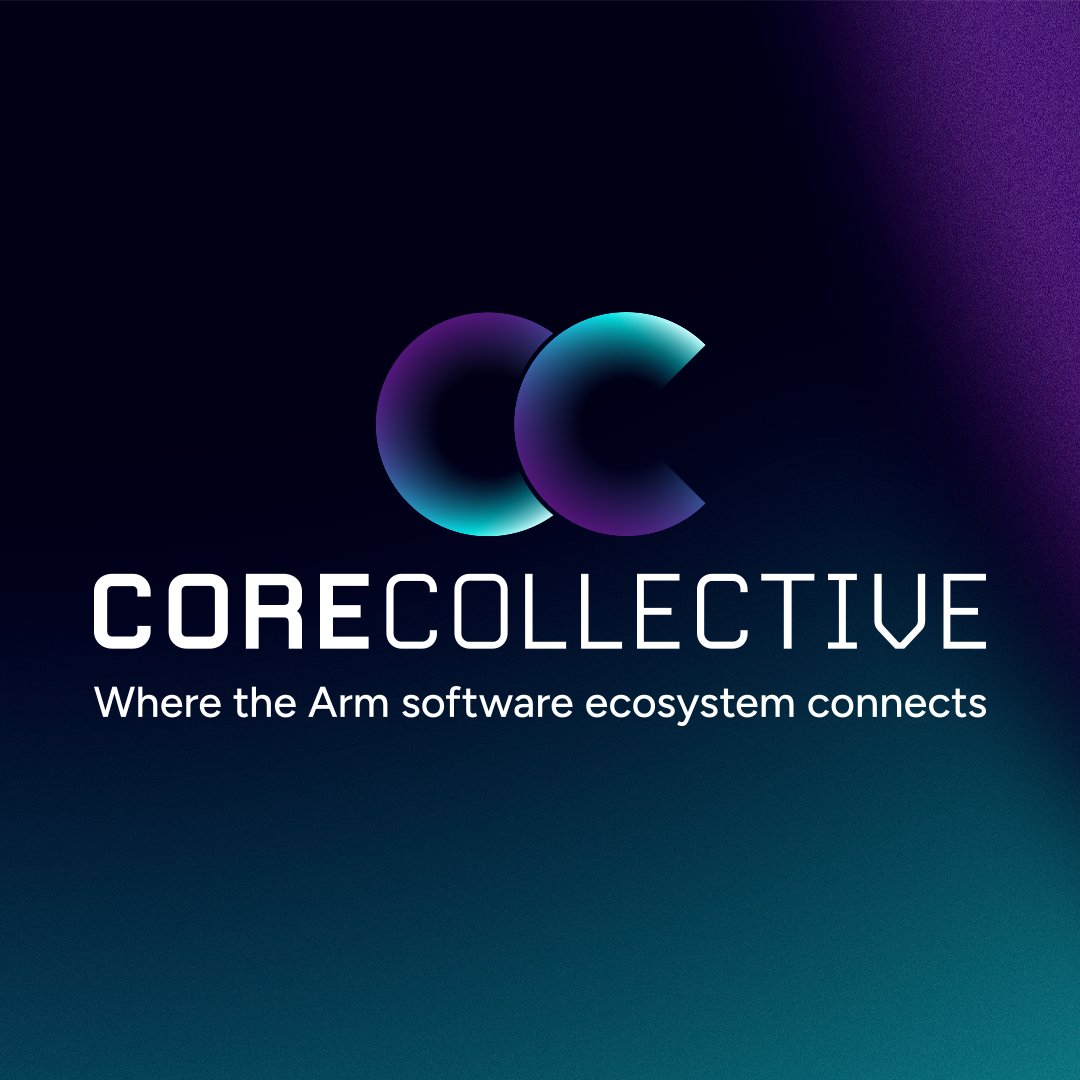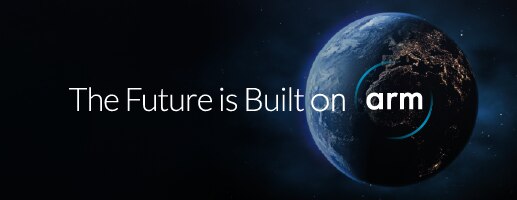Arm DevSummit 2021: Day 3 Keynotes

The Arm Blueprint team is attending Arm DevSummit 2021, a three-day virtual event that provides a place for Arm software and hardware developers to learn, connect and develop together.
Over the next three days we’ll be bringing you key highlights and takeaways from Arm DevSummit 2021 keynotes by Arm executives and our partners.
Open Source Software and the Next Decade of Innovation [Panel]
Andrew Wafaa, Distinguished Engineer and Senior Director, Software Communities, Arm
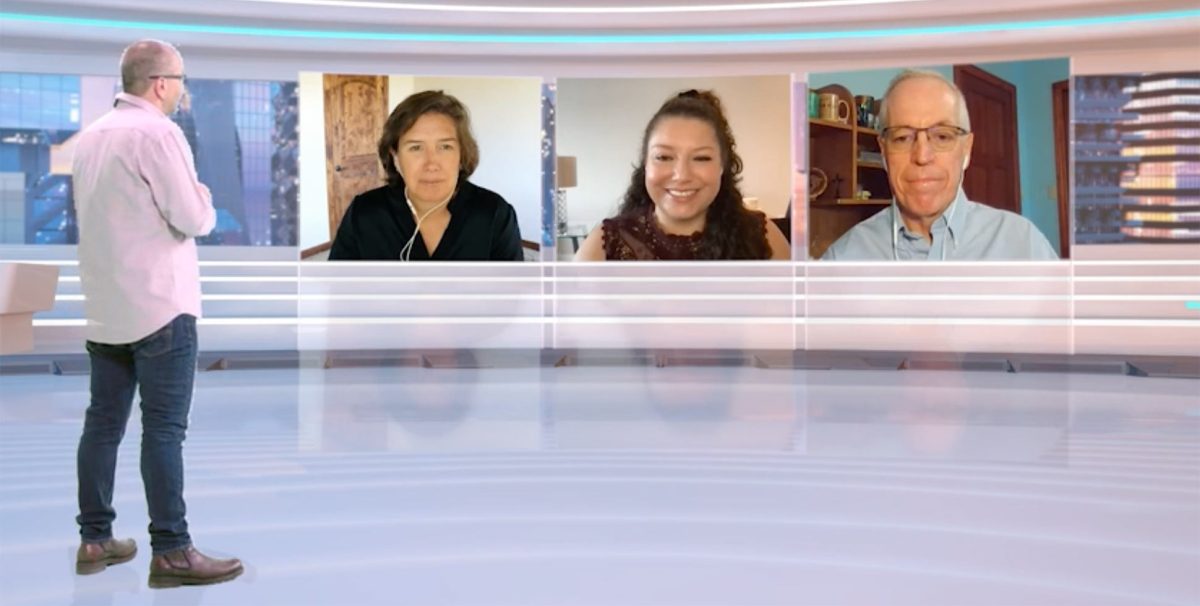
In this panel session, Arm’s Andrew Wafaa is joined by Steve Geary, Director, Open Source, Wind River, Nuritzi Sanchez, Senior Open Source Program Manager, GitLab, Inc and Stormy Peters, Director, Open Source Programs Office, Microsoft.
How has Microsoft’s mindset changed towards open-source software, Wafaa asks Microsoft’s Stormy Peters.
I used to say that Microsoft’s first contribution to open-source software was to be the common enemy, says Peters. But unknown to many people, Microsoft was a huge contributor to the Linux kernel back in the early 2000s. It has since really embraced open source in enabling its customers to achieve their goals.
How have developers and their tooling changed, Wafaa asks.
Less patience for tooling that is not user-friendly and inclusive, says Sanchez.
Open-source developers have got very good at finding ways to develop on various hardware by creating and sharing their own tools and actually contributing back, says Steve Geary. I’ve seen these roll up into broader tool bases.
If you’re a software developer in a basement somewhere you won’t have the same access to hardware but you’ll still want to contribute, and open-source development tools, shared among developers, has really allowed for a broader contribution base to software development in the absence of ubiquitous access to hardware.
Microsoft has now grown a large portfolio of devices running on Arm, says Wafaa. How has the software/hardware engineer relationship evolved?
With the introduction of the Internet of things (IoT) and cloud computing, there’s a whole new area we need to solve says Peters. Today, when I pay for something in a store and pay with my credit card, my cellphone gets a text message that I paid. So the data is going through the cloud, through multiple players, to my phone and back. So there are so many points along that journey ripe for developing solutions.
Microsoft has been working with the open-source community to ensure solutions can be designed securely, that data is passed around in a way that respects privacy, says Peters. That whole space is new.
And it’s important for trust reasons that this is open-source and open-governance, and that there is no one player making decisions over secure connections between the cloud and edge.
AI is a hot topic across the industry, says Wafaa. How do you see AI impacting software developers and their workflows?
Over 75 percent of Gitlab customers were already using ML, says Sanchez. We realised that traditional versioning systems used in CI were not the best at handling large data sets and models. So part of what has been done recently by a team called iterative.ai is in creating an open-source control system specifically for ML projects in Github called ‘Continuous Machine Learning (CML)‘.
Gitlab is also using ML to adapt its developer tools such as a bot that automatically labeled issues people submitted.
From an open-source perspective, AI is introducing a bunch of new aspects, says Peters, not just the code but the data and models. All of these might not fit within a traditional open-source license. We’re still figuring that out how to best collaborate here.
A couple of years ago, the Microsoft Teams team decided to open-source the datasets they used for eliminating background noise on calls, from dog barking to crunching of candy wrappers, says Peters. But before they did that they had to spend a lot of time talking to attorneys and managers to establish how to do so.
The group goes on to talk about ensuring the security of open-source code, incorporating functional safety into open-source automotive applications and the need for a community committed to delivering secure, safe solutions.
Click below to watch the full session.
Open Source Software and the Next Decade of Innovation
Watch this session now at Arm DevSummit 2021. Registration required.
Any re-use permitted for informational and non-commercial or personal use only.
